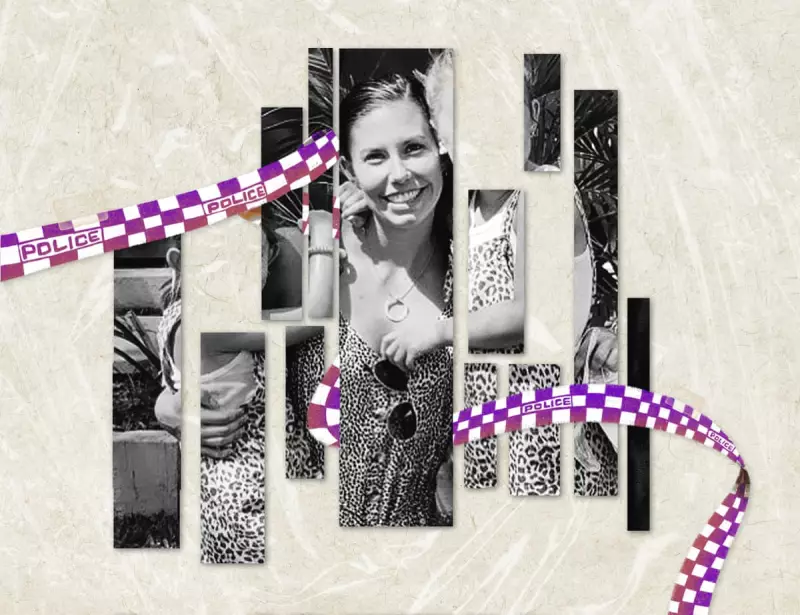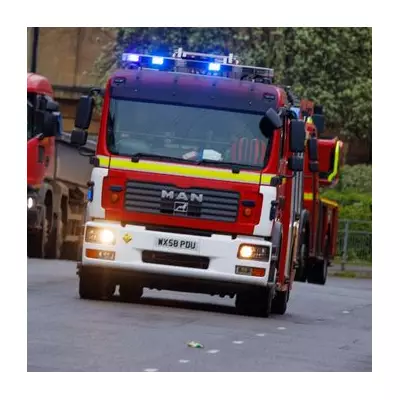
Systemic Police Failures in Domestic Violence Tragedy
An exclusive Guardian Australia investigation has uncovered disturbing new evidence about police handling of the Hannah Clarke domestic violence case, revealing systemic failures that were overlooked by the coronial inquest and never properly investigated. The revelations raise serious questions about how Queensland police respond to domestic violence victims, particularly those experiencing coercive control.
Missed Opportunities and Unrecorded Disclosures
Hannah Clarke, 31, and her three children - Aaliyah, 6, Laianah, 4, and Trey, 3 - were murdered by her estranged husband Rowan Baxter on 19 February 2020 in one of Australia's most high-profile domestic violence attacks. Baxter jumped into Clarke's car as she was leaving her parents' Brisbane home, doused the vehicle in petrol, set it alight and then stabbed himself to death nearby.
New evidence shows that Clarke had made repeated disclosures to Queensland police officer Senior Constable Kirsten Kent about Baxter's behaviour, including non-lethal strangulation, stalking and suspected child grooming - all known risk factors for intimate-partner homicide. Shockingly, these allegations were never recorded in police systems, potentially preventing an accurate assessment of the extreme danger Clarke faced.
Hundreds of pages of text messages between Clarke and Kent, submitted to the inquest, reveal that Clarke had explicitly stated she believed Baxter was capable of killing her, himself and their children. Despite this, Kent told the inquest she didn't push Clarke to make formal criminal complaints, citing insufficient evidence and Clarke's reluctance.
Victim Blaming and Conflict of Interest
Perhaps most disturbingly, documents show that after the murders, detectives investigated the "veracity and motive" of Clarke's domestic violence allegations rather than focusing exclusively on police failings. A briefing document prepared for the state coroner listed as its first investigative priority questioning the credibility of Clarke's claims, noting that witnesses had provided "different accounts" of the abuse.
The homicide investigation was led by Detective Sergeant Derek Harris, who had previously been involved in the police response to Clarke's case. A whistleblower has alleged this created a clear conflict of interest, as Harris was effectively investigating his own earlier decisions. The complaint to Queensland's Crime and Corruption Commission argued that Harris should never have been appointed to lead the investigation.
Body-worn camera footage obtained by Guardian Australia shows two male police officers coaching Baxter on how to challenge a protection order, with one officer telling him to get references saying he was "a good dad" who didn't need conditions. Another officer agreed with Baxter's comment that women could make domestic violence allegations "for anything."
Coroner's Findings Under Scrutiny
While Deputy State Coroner Jane Bentley found there had been "missed opportunities" to hold Baxter accountable and failures by all agencies to recognise the extreme risk he posed, she ultimately concluded police had handled the case appropriately. She commended Constable Kent for her dealings with Clarke, saying she "did everything she reasonably could to protect and assist" her.
However, the new evidence suggests the coronial investigation failed to properly scrutinise critical aspects of police conduct. The whistleblower's complaint alleges the coroner didn't identify that Kent had failed to log Clarke's disclosures or consider the consequences of that failure.
Queensland Police Service has never conducted a mandated "contact audit" reviewing its handling of Clarke's case, despite this being required under police policies after every domestic violence homicide. A police spokesperson said the service had "continued to evolve and learn" since the murders and strengthened its response to domestic violence.
The revelations come as Queensland prepares to introduce new laws criminalising coercive control, highlighting the urgent need for police reform in how they respond to domestic violence cases and the importance of properly investigating previous incidents when assessing risk to victims.





